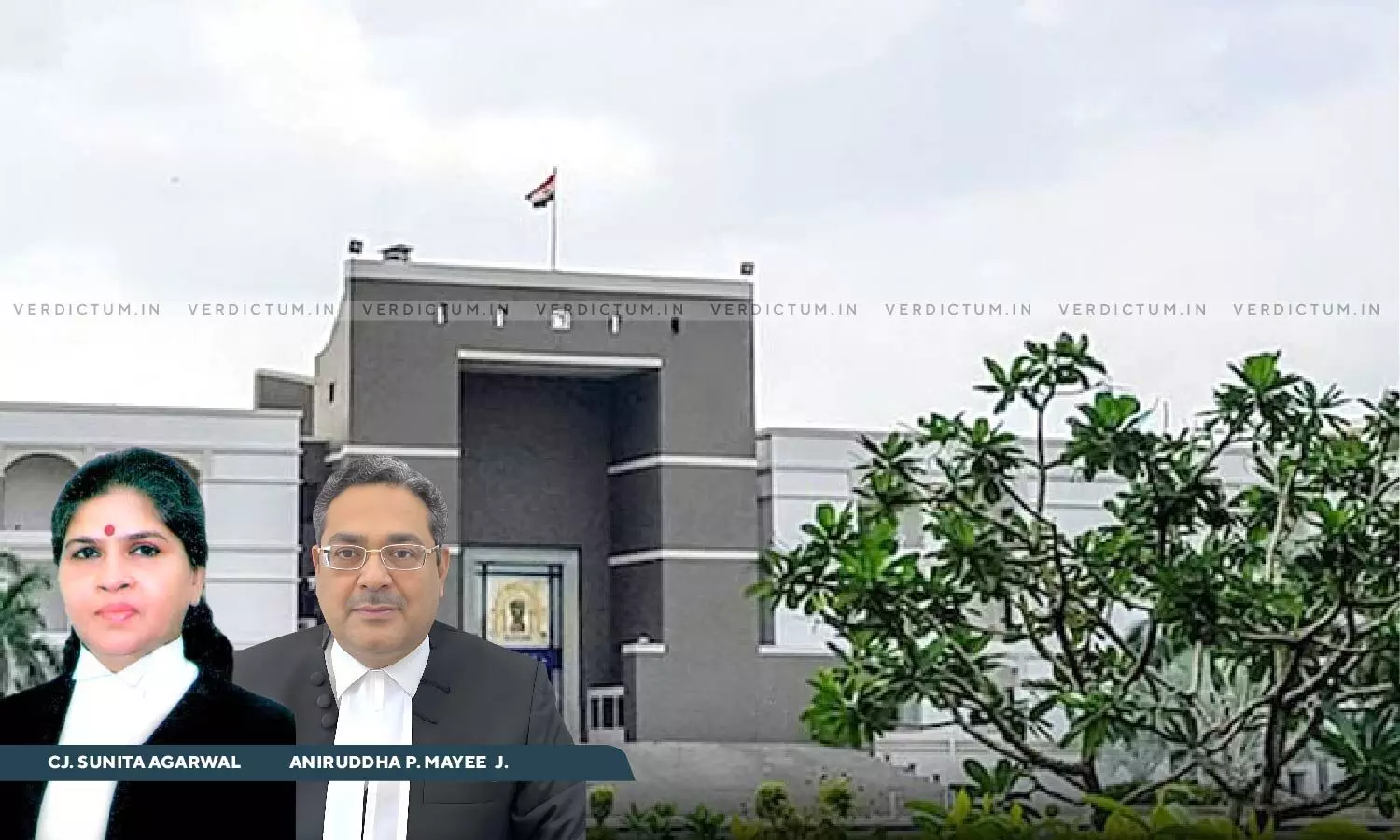
Gujarat HC Criticizes State For Filing Affidavit Lacking Details About Actions Taken Against Unauthorized Religious Constructions
 |
|The Gujarat High Court expressed dissatisfaction with the Home Department of the State for submitting an affidavit that lacks essential details regarding actions taken to dismantle unauthorized religious constructions on public streets.
The Court listed the matter for February 27, 2024
The Bench headed by Chief Justice Justice Sunita Agarwal and comprising Justice Aniruddha P. Mayee observed, “we may note strong exception to the manner in which the affidavit has been filed by the Secretary, Home Department without giving any detail in the affidavit itself with regard to the nature of action taken in the matter of removal of unauthorized constructions in compliance of the directions issued by the Apex Court”.
Advocate PR Abichandani appeared for the Petitioner and Additional Government Prosecutor Utkarsh Sharma appeared for the State.
By an earlier order, the State was directed by the Delhi High Court to provide a response through the Secretary of the Home Department, in accordance with directives from the Supreme Court dated February 16, 2010 in Special Leave to Appeal (Civil) No.12037 of 2006 connected with other matters and Special Leave to Appeal (Civil) No.8519 of 2006. The affidavit submitted by the Secretary ofthe Home Department listed unauthorized religious structures identified in Gujarat, along with actions planned or taken against them.
The Supreme Court issued the direction while dealing with a direction issued by the Gujarat High Court for removal of religious structures encroaching on public spaces. There were allegedly 1200 temples and 260 Islamic shrines that had encroached on public space. The Union of India raised concerns about the preliminary nature of the directive. Subsequently, the Apex Court stayed the operation of the High Court's order. Over time, the Union of India, engaged in efforts to build consensus among states to address the issue nationwide. A letter from the Home Secretary indicated consensus on prohibiting unauthorized constructions of religious institutions on public streets, with a review of past unauthorized constructions. Considering the gravity of the matter, the Supreme Court decided to involve all states and union territories as respondents, directing them to refrain from unauthorized constructions and review existing ones. District authorities were instructed to ensure compliance and submit reports, with further directions scheduled for December 7, 2009.
However, action had been taken by the state only against 23.33% of the unauthorized constructions and unclear details were provided about them.
The Court expressed strong dissatisfaction with the affidavit's lack of specific information regarding the actions taken in compliance with the Supreme Court's directives. Additionally, the Court criticized the assertion in the affidavit that the matter could be disposed of, as the government's action plan would address any further encroachments, deeming it inappropriate.
Although the affidavit included the policy decision outlined in the Government Resolution, there is no documentation demonstrating compliance with this resolution.
The Court directed the Assistant Government Pleader to ensure strict compliance with the directives outlined in the judgment and order. This directive was in accordance with the directions issued by the Supreme Court, wherein respective High Courts were instructed to oversee the implementation of the directives issued by the Apex Court.
Accordingly, the Court listed the matter on February 27, 2024.
Cause Title: The Times Of India (Suo-Motu) v The State Of Gujarat
Appearance:
Petitioners: Advocate PR Abichandani
Respondents: Advocates HS Munshaw, Pranav G Desai and M/S Trivedi & Gupta.